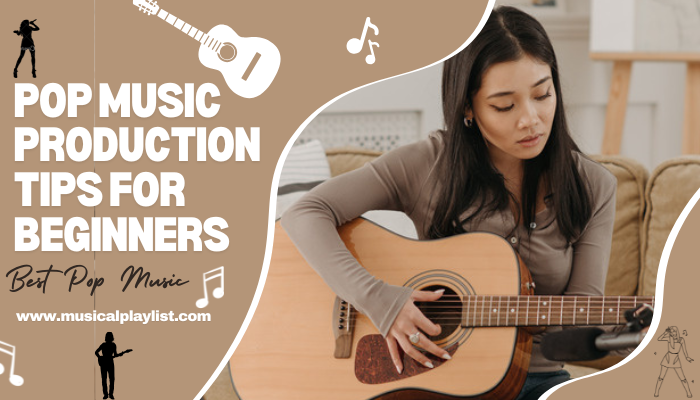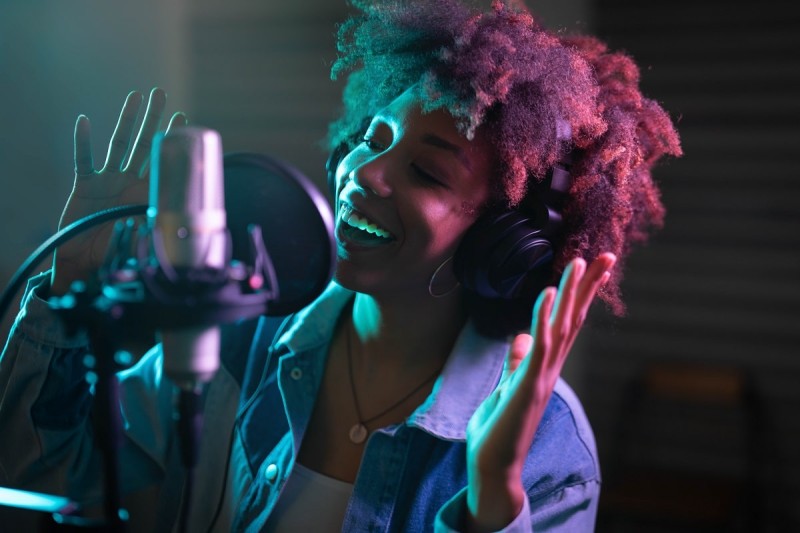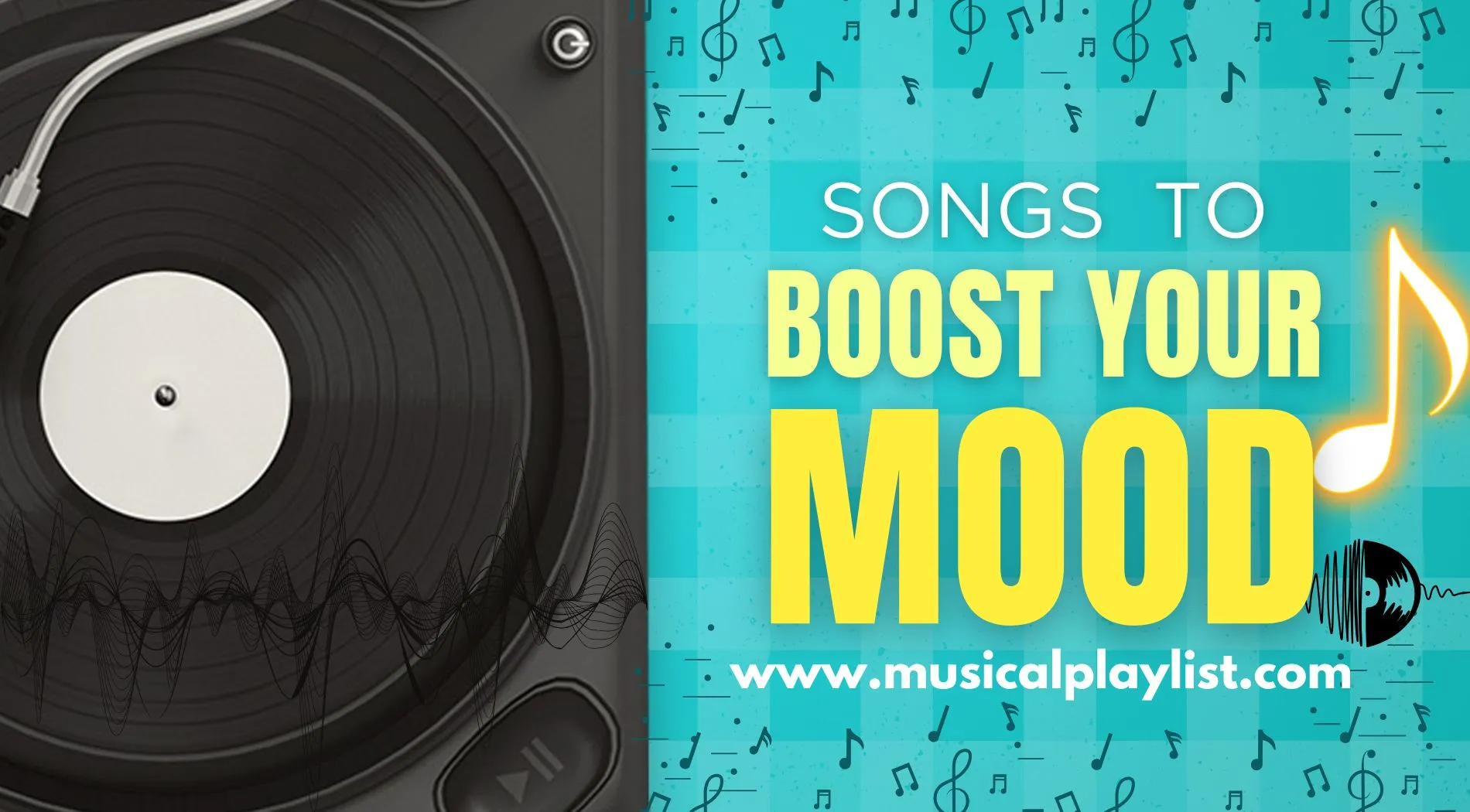The issue that many electronic music producers have is that their compositions are overly electronic. It is so disconnected from the essence of music that it is no longer a decent song but rather a computerized programming experience. Please understand that if this is your goal, this is fantastic. Pop music production tips for beginners similar to drum 'n bass, techno, dubstep, and hardstyle. However, the human element is the primary distinction between a dance track and a popular electronic pop tune.
What is music that is popular? How did it get there?
The abbreviation for popular music is pop music. It alludes to the most popular genre of modern music that appeals to a broad demographic. The goal of writing, performing, and producing this music is to appeal to as many people as possible. Pop music is a well-established genre having a distinctive set of stylistic elements that appeal to listeners.
In human communities, there have always been many forms of music for various reasons. Pop music aims to appeal to as many people as possible through its composition, performance, and production. There is frequently a distinction in the oldest musical traditions between music for serious events, such as religious ceremonies, and more lighthearted music for social gatherings.
Pop, in its widest definition, is a result of this division. Popular music has always included styles and genres that are popular with the general public for dancing, parties, social gatherings, and casual listening.
Pop music of today
You are undoubtedly aware of how important it is to have a polished, professional sound if you want to begin making pop music. The biggest singles, after all, have a certain commercial polish that makes them sound fantastic in a variety of settings.
In this section, I will break down the essential components of a standard pop music production and provide some methods for achieving them.
20 Best Pop Music Production Tips For Beginners
1. Take in a wide variety of musical styles.

I firmly think that listening to music outside of your electronic specialty is not only crucial but also absolutely essential for longevity and continuously inspiring creative ideas. Electronic music may become quite monotonous if it isn't inspired by a wide variety of genres. Maybe even boring. Create something wholly original by combining and shaping your favorite aspects from other genres.
Read also: Best Influential Pop Artists Today
2. Stay true to who you are and be yourself.
The phrase "be yourself" is clichéd, but it's crucial in music. It's simple to fall into the trap of attempting to sign with a label, please your fans, or suck up to an A&R. You will eventually burn out if you create music for other people. It must originate from within you. That's it: don't follow every trend and be loyal to yourself.
3. Become accustomed to being ignored or, worse, rejected.
In a market that is greatly oversaturated, there are literally millions of manufacturers vying for market share. You'll get turned down. You'll be disregarded. It's really awesome.
4. Examine many sources of income.
This post goes much beyond standard advice on music creation, in case you haven't noticed. The typical millionaire has seven sources of income, you see.
You're probably earning money from a variety of sources if you're making a career off of music. Since the majority of musicians don't make enough money from music sales alone, they perform live, provide engineering services, incorporate their music into movies or television shows, create courses, take up ghost production, etc.
5. Be ready to put in a lot of effort.

To tell the truth, there are many simpler ways to earn money. Be ready to put in a lot of work if you want to succeed in the music profession, which is a challenging one. Just avoid making the mistake of thinking that increasing effort is always the solution.
6. Cooperation is essential.
It's crucial to let someone's creativity guide your music-making. This is both rewarding and fun, and it improves your skills.
7. Industry friends go a long way.
Be very receptive to building a community. The advantages of forming friendships in the music business are too many to mention. In addition to receiving excellent comments, you may collaborate to increase visibility and tackle the challenging and complex facets of the music business.
I have made hundreds and hundreds of new acquaintances and contacts in the business and with students since I started the Hyperbits Masterclass.
8. You've already succeeded.
No barrier must be met in order to be considered legit, and there will always be a new challenge and next level. You have achieved your objective of being a legitimate music producer simply by beginning and doing your hardest.
9. You don't have to have the best day of your life every day.
Great days and not-so-great days, as well as wonderful and not-so-great weeks, will all occur. Don't worry about it if something doesn't work out that day; try again tomorrow. The race is lengthy, as I have stated previously and will reiterate.
Read also: How You Discover Music And Pop Culture
10. Not all things are equipment.

It's true that costly equipment may sound amazing at times, but you can create amazing music in an untreated environment with a tiny budget and inexpensive equipment. Stop causing yourself trouble by supposing that a new gadget would improve your music; in reality, even if it does, the improvement will be slight.
11. Create and keep up a favorites folder.
Take ten minutes after each song to compile your favorite sounds into a single, well-organized location. Save your finest samples in a favorites folder. This expedites the process and saves you a ton of time on subsequent tasks.
12. Use color coding for your projects.
Color labeling is crucial. It makes it easier for your eye to distinguish between different kinds of groupings. When you're finally not staring at a wall of midi-green or audio-blue (at least in Logic Pro), it may also inspire and encourage innovation.
13. Put your plugins in order.
You may change how your plugins are shown in the majority of DAWs. Preserving quality above quantity is the aim here. Are you always required to have access to all 20 compressors? Your workflow will become much more seamless if you select a few excellent-sounding plug-ins for each job.
In relation to plugins, this is a fantastic collection of plugins that offers a wide range of options in many areas. You will be able to pick the greatest plugins for your needs by using it to have a better concept of what is available on the market.You may look at our own Ultimate Plugin Guide here if you'd rather stick closer to home.
14. Give your buses, channels, and tracks names.
Color labeling is insufficient. Don't forget to label your tracks. You may enjoy this, even if it seems unpleasant. Eventually, it will become second nature. I'll call a bass sound Fart Bass if it truly sounds like a fart to me. I realize that this shouldn't amuse me as much as it does now that I'm an adult, but it does, eh. Well, anything. Let's go on...
15. Employ models

Templates are often helpful, but some individuals take them far too literally. I prefer to keep things straightforward. I have two templates: one for composing and one for mastering. My reverb buses, one audio track, and one software instrument track will be my only compositional elements. I already have the majority of the chain configured for mastering, with all plugins in their default configurations.
16. Clear off your internal drive of outdated projects.
Your computer's overall health, speed, and organization will all benefit from the additional internal drive capacity.
17. Eliminate muted songs from your projects without fear.
You truly don't need the original kick drum or the outdated chord sequence that you attempted to include in your project? To start over with a fresh start, save your work as a copy, remove whatever you aren't using, and tidy up your workspace.
18. Use a key to identify your samples.
Determining sample keys or having to retune drums for every project may be a major time waster. To make this process go more quickly in subsequent projects, save your samples with important tags. Additionally, remember to tune your drums if you haven't already!
19. Get your act together
Imagine losing all of your hard-earned accomplishments. Yes.
Read also: Most Popular Songs of All Time: Ultimate
20. Keep your presets saved.

This is a crucial piece of advice that cannot be overstated when it comes to music-producing techniques that truly work. Presets are really simple to store and use again on various songs.
Similar to making a favorites folder for your samples, this will help you save a ton of time and effort by preventing you from repeatedly looking for the same sounds.
conclusion
Beginning a career in music production may be a fulfilling journey with countless opportunities. You may lay a solid basis for your music-producing career by making the appropriate equipment purchases, learning your DAW, learning music theory, and practicing frequently. Maintain your curiosity, try out different sounds, and ask for criticism to keep becoming better. You'll make songs that appeal to everyone if you work hard and are passionate.
FAQ's: Pop Music Production Tips For Beginners
How to make a pop song for beginners?
- Grab your songwriting tools.
- Pick a strong theme.
- Choose your song structure.
- Write your pop song lyrics.
- Build your melody.
- Choose your chord progressions.
- Record your demo.
How to become a pop music producer?
- Develop Your Musical Skills.
- Master Music Production Software.
- Listen Actively and Broaden Your Musical Horizons.
- Study the Work of Great Producers.
- Learn the Technical Side of Production.
- Consider A Home Studio.
- Collaborate, Learn from Others, and Network.
- Produce Your Own Music.
What are the basics of pop music?
Pop music is usually defined by recurring choruses and hooks, short to medium-length songs with a simple structure generally the verse–chorus structure, and danceable rhythms or tempos.
What makes a pop song successful?
Simple yet catchy melody composition in great pop songs makes people want to sing along right away, even after only one listen. Make sure your writing is clear and that each melodic line rises or falls.
What is a good song length?
While there isn't a single solution that works for everyone, the majority of commercial songs are between three and five minutes long. However, a longer duration could be justified if your music is very complex or experimental. On the other hand, a shorter duration could work better to keep listeners interested if the song has a simple, attractive melody.





